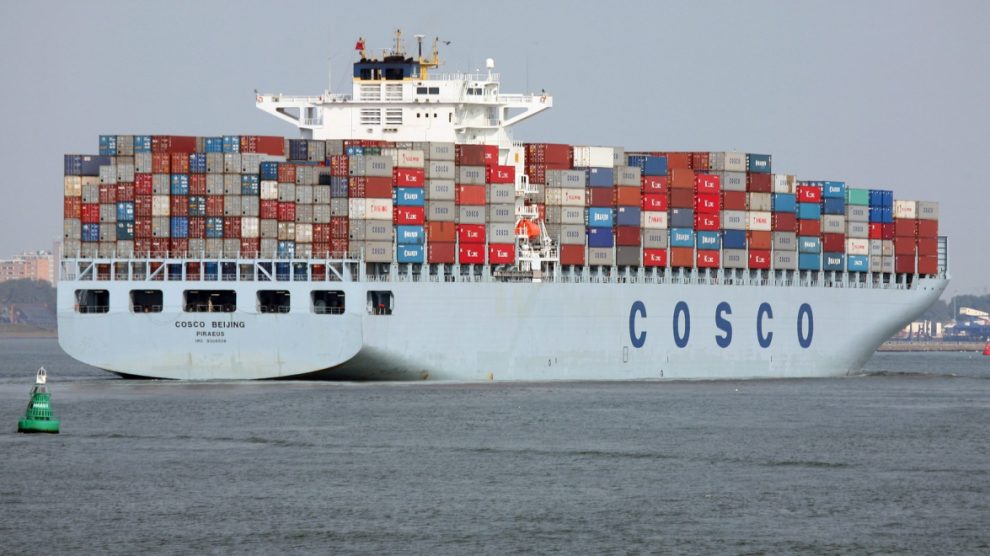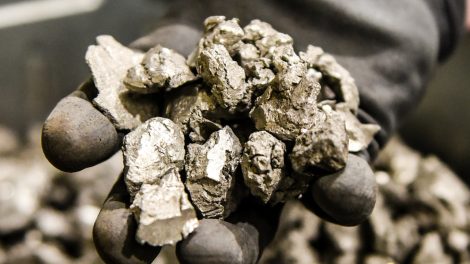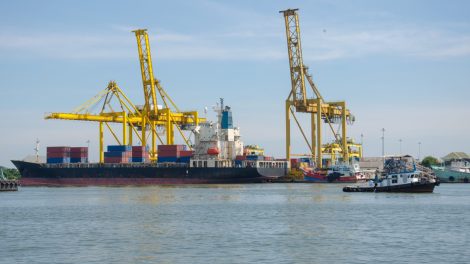Cosco’s latest acquisition. Last week, the Fratelli Cosulich Group announced the acquisition of 100% of Trasgo, an international, integrated logistics company. It happened through Coscos, a joint venture the Italian partner struck up with its historical partner Cosco Shipping, a Chinese State-owned company.
- It’s the latest demonstration that Beijing’s companies keep investing – and seeking control – in Italy, even though Rome dropped out of China’s flagship Belt and Road Initiative in December.
All about Trasgo. Founded in Novara, northern Italy, in 1981, the company offers a plethora of services – ranging from transport to warehousing to customs operations, goods handling, trade fair logistics and direct management at customers’ facilities. It mainly deals with industrial, promotional, technological and e-commerce logistics, employing 14 warehouse facilities – with a total capacity of almost 300,000 square metres – and over 320 trucks and handling equipment.
- “The company has developed a lot, especially in the last 15 years, a development that today needs new blood,” said Anna Idra Russo, managing director of Trasgo. “We are convinced that Cosco, driven by the same principles and values as us, will be the right partner to enable Trasgo and its entire family the further development [it] deserves.”
Dear partners. Completing the acquisition of Trasgo was “a significant day for the Fratelli Cosulich Group,” commented its President Augusto Cosulich. “But what really matters to me is that, just like in life, finding the right partners to create the conditions for joint investments is essential,” he added in reference to Cosco, with which the family has been working since 1988.
- The new joint venture, Coscos, “is the result of our long relationship with one of our closest business partners for over 30 years. Trasgo offers a solid response to the changing logistical needs of our current and future corporate customers,” he concluded.
An expanding European presence. With its recent investments in the Dutch port of Rotterdam, a crucial hub for Europe, and its renewable energy supply strategy, and the German port of Hamburg, Cosco is increasingly becoming a major player in the European market. Its growth plans also encompassed Italy, where the Chinese State-owned giant bought 40% of the port of Vado Ligure in 2016 and has been vying to expand its presence in several ports of call, such as the highly strategic Taranto.
- The Hamburg deal also concerns Italy, namely the port of Trieste, long in Beijing’s crosshairs as the perfect port of call for the Belt and Road in the Adriatic Sea. That’s because the Dutch seaport’s HHLA owns a majority stake in a Trieste-based logistical company, Piattaforma Logistica Trieste.
- The acquisition “does not seem to have direct repercussions on Trieste,” Francesca Ghiretti, a former analyst at Merics, told our sister site Formiche.net. Still, she remarked, the deal does raise some questions regarding competition: “COSCO, which receives state funds from China, does not compete at the same level as other companies in the sector. Moreover, its market dominance is a potential geopolitical tool for Beijing.”





